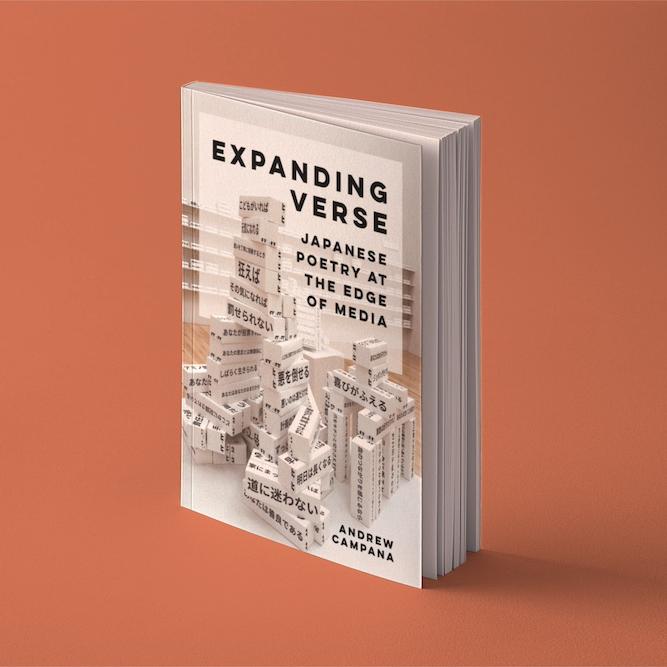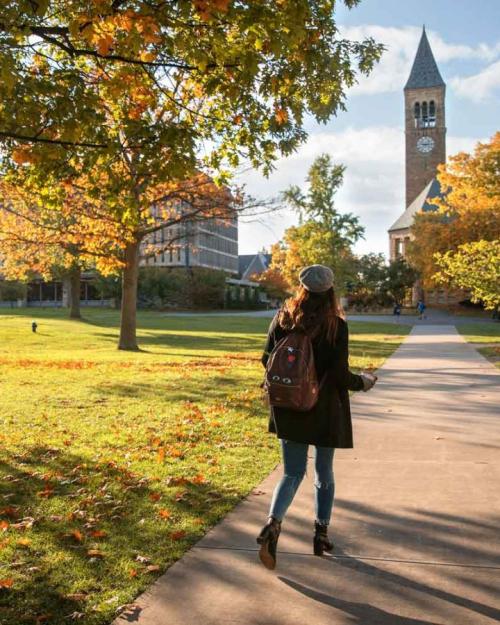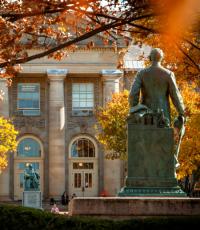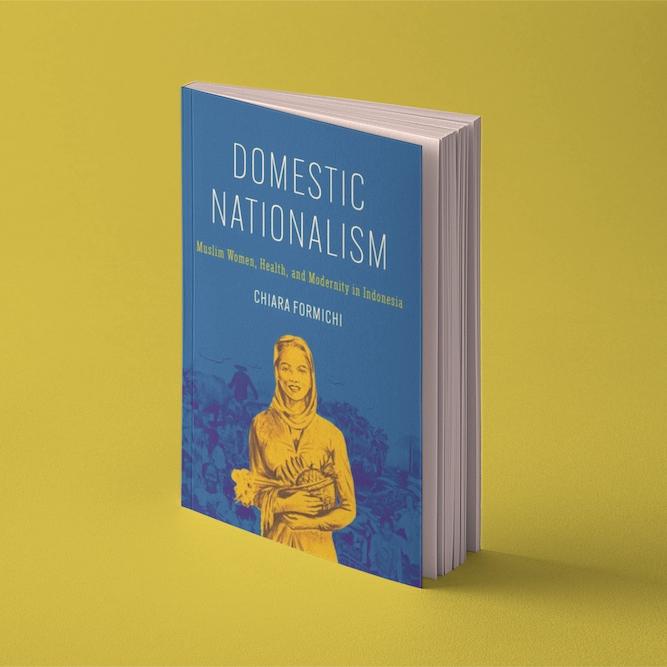
 Department Homepage
The College of Arts & Sciences
Department Homepage
The College of Arts & Sciences
Cornell selects eight Presidential Postdoctoral Fellows
Yunqui (Kelly) Luo has long been intrigued by the laws of nature.“As a kid, I loved to play with tools and understand the ways in which the physical world works around us,” she said. The physics labs at Hong Kong University of Science and Technology cemented her passion for research.



